The terms "eye pinning" and "eye flashing" both refer to a common behavioral display in pet parrot species. During this display, the bird will quickly dilate and constrict its pupils. Eye pinning might look a little bizarre and possibly alarm some bird owners, so it's key to understand what causes the behavior.
How Birds Use Their Eyes
Vision is an extremely acute sense for our feathered friends. Birds perceive motion and detail much better than humans do. And because their eyes are positioned farther apart on their heads, they have a wider field of vision than human eyes.
Furthermore, a bird's eyes are relatively large compared to the rest of its body. This is another reason they can see so well. The larger the video monitor, so to speak, the better the vision and acuity. For instance, the extremely large eyes of owls help them to navigate their nocturnal lives.
Birds depend on their eyes for flight, finding food, and evading predators. Because many birds are prey animals, they need sharpened senses. Thus, their eyes are constantly reacting to stimuli in their environments, which sometimes results in eye pinning.
Reasons for Bird Eye Pinning
Eye pinning is simply a bird's natural response to certain stimuli, and it can help to clue you in on the bird's mood. Some common emotions the behavior can indicate are excitement, curiosity, happiness, anger, or fear.
If the bird's posture is relaxed and its eyes are pinning, it usually means the bird is curious or interested in something in its environment. This might occur when you're talking to your bird or someone new enters the room. A bird also might pin its eyes while displaying another excited body language, such as happy vocalizations. You might notice this when you offer your bird a tasty treat. But if the bird's posture becomes rigid or its feathers suddenly puff out, the eye pinning might be a warning sign of aggression due to fear, anger, or overstimulation.
Eye Pinning Communication Patterns
Just like you understand human body language, you also can learn to read your bird's movements. Note the stimuli that cause eye pinning, along with your bird's other body language in those moments. Is the bird squawking, lunging, hissing, head-bobbing, fluffing its feathers, or otherwise changing its demeanor in addition to the eye pinning? What excites or scares one bird might not elicit any response in another. Look for patterns in your bird's responses to various stimuli to help you determine what the bird is feeling.
In time, you might be able to use the eye-pinning behavior as a tool to communicate with your bird, which ultimately can improve its quality of life. Just remember that practice makes perfect. Spend ample quality time with your bird, so you're better able to decipher its range of emotions. Give it plenty of love and attention, and it will provide you with endless opportunities to improve your understanding of avian behavior.
-Edited by Patricia Sund
If you suspect your pet is sick, call your vet immediately. For health-related questions, always consult your veterinarian, as they have examined your pet, know the pet's health history, and can make the best recommendations for your pet.
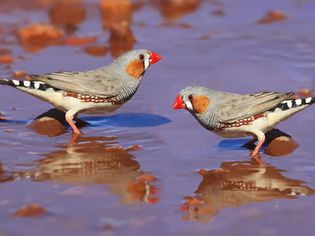
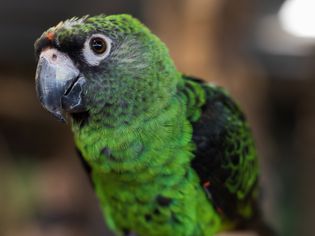
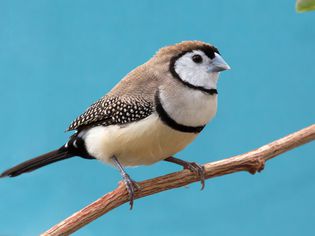
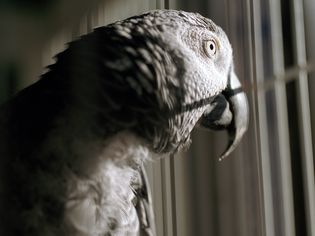
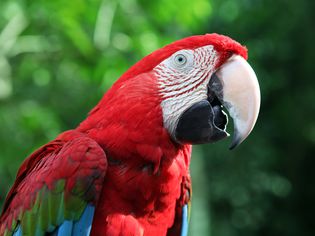
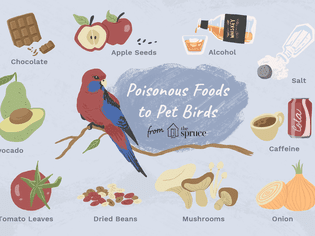
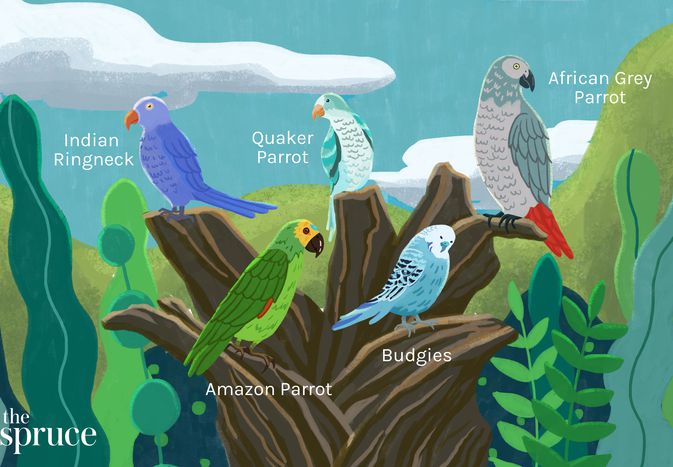
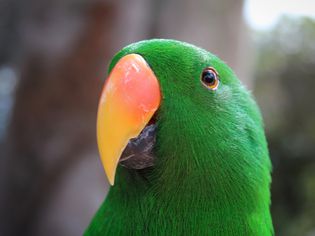
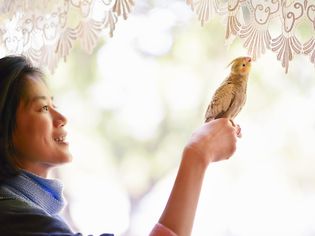
Comments on "What Is Bird Eye Pinning?" :